17th November 2014, marked an important day in Nairobi, Kenya. This is a day when both women and men took to the streets to say enough was enough with the increasingly growing disrespect to women. This event came about due to the unfortunate and unforgivable misdeeds of men who decided to strip a woman of her dignity for having dressed ‘indecently’ at Embassava, a busy street in Nairobi’s Central Business District. This situation further spiraled resulting to another woman being stripped in Mombasa town. The women’s crime you ask? ‘Indecency.’ The travesty of justice.
To be honest, I arrived at Uhuru Park both anxious and curious about the turn out. Reason for this is that, I was afraid that Kenyans would take the route that they often did, which was being online activists without follow up on physical activism. Nonetheless, proud is what I was; the numbers kept growing with people trickling in from all corners and walks of life. The energy and the vibe were palpable. People had come out in large numbers; enough was enough this time around.
(Protesters at Embassava) Pic courtesy of Brian Inganga
A certain man amused me as I got there, as he muttered under his breath in a cynical tone, “So now they think they’ll get their rights.”
Dear stranger, yes we will get our rights, it may not be today, it may not be in a month’s time, but we will eventually.It’s men like you who shed light on the reality and magnitude of this problem; and the patience that requires to be exercised when trying to address deep seated social norms. Thomas Sankara rightly put it when he stated that it took the madmen of yesterday for us to be able to act with extreme clarity today, we will dare to invent the future.
At about 10.30 a.m a man arrived in style with his loud speaker calling on his fellow men to stop behaving primitively. “Wale watu walifanya hivyo tunataka washikwe” (We want those people who did that to be arrested), he said.
The march began a few minutes past 11, and it definitely did witness jeers from onlookers. One man arrived there with the sole purpose of hurling insults as we began. “You women are stupid,” he stated. No one seemed to pay attention to his unnecessary rants; this march and solidarity were bigger than any name calling.
(Activist Boniface Mwangi)
Majority of the curious onlookers whipped out their phones to record, others just stood there smiling while others frowned, evidently upset with the peaceful protest.
Pic courtesy of Brian Inganga
We arrived at the Embassava stage and the anger and disgust from protestors was tangible. We chanted “shame on you” at the Embassava minibuses while others wrote messages on their dirty windows. It’s important to note that by this point, the insults had grown in number and the men had begun to ask ludicrous, crass and disrespectful questions. “Mme vaa chupi? Mnatoa chupi?” (Have you worn any underwear, and are you removing them?)
The march had been peaceful up until the moment that we were heading back from Embassava when a rowdy crowd of hired goons started running towards us as they chanted “Vaa nguo, vaa nguo!” (Wear clothes, wear clothes!) What’s ironic is that they came holding bibles to support their statements as they spat on us and yelled at us; while others attempted to grope the women. They also snatched one of the banners quite violently as people looked on at the spectacle laughing. Kenyans.
I am of the opinion that regardless of religious affiliation, no person’s opinion should ever be imposed on another. Tolerance is key. In fact every religious text speaks on love and being a brother’s keeper. If the lady had dressed ‘indecently’ and to your disliking, isn’t it common sense to offer her a leso rather than strip her? If that does not suffice then look away.
For those who claim that this is a matter of indecency and immorality, when did women peacefully marching in the streets ever have to do with the underwear that they wore? Wake up and get off your morality seats! This is not about indecency but perverseness; a society that has allowed barbarian patriarchal norms to take centre stage.
For those who look at this situation from a view point of misguided ownership stating that this could have been your mother, sister, cousin, niece. Stop it! This is a human rights issue! No woman should ever be stripped because of what she wore. In fact from what we witnessed, it’s safe to say that this society is increasingly becoming violent and lawless. The goons marched in front and behind us tearing clothing, I guess to symbolize that they would do this all over again in a heartbeat.
This is not about indecency nor about morals; this is about sexual violence which has slowly sipped and inculcated its way in our society. This is a deep seated issue that may not be solved today but one that requires joint efforts by society. Rape has never been about what a person has worn, we have heard of an 80 year old being raped as well as a 4 year old.
Dear media houses, start being more responsible. It’s such a shame to see the skewed amount of time and attention that you give to misogynists vis-a-vis human rights activists.
I salute all the men and women who came out to say enough was enough with this barbaric behavior. Thank you to the men who also formed a human chain around us to protect us from the hired goons who occasionally threw stones as we were outside the courts.
Pic courtesy of Brian Inganga
“The revolution and women’s liberation go together. We do not talk of women’s emancipation as an act of charity or out of a surge of human compassion. It is a basic necessity for the revolution to triumph….. Inequality can be done away with only by establishing a new society, where men and women will enjoy equal rights, resulting from an upheaval in the means of production and in all social relations. Thus, the status of women will improve only with the elimination of the system that exploits them….Thomas Sankara



















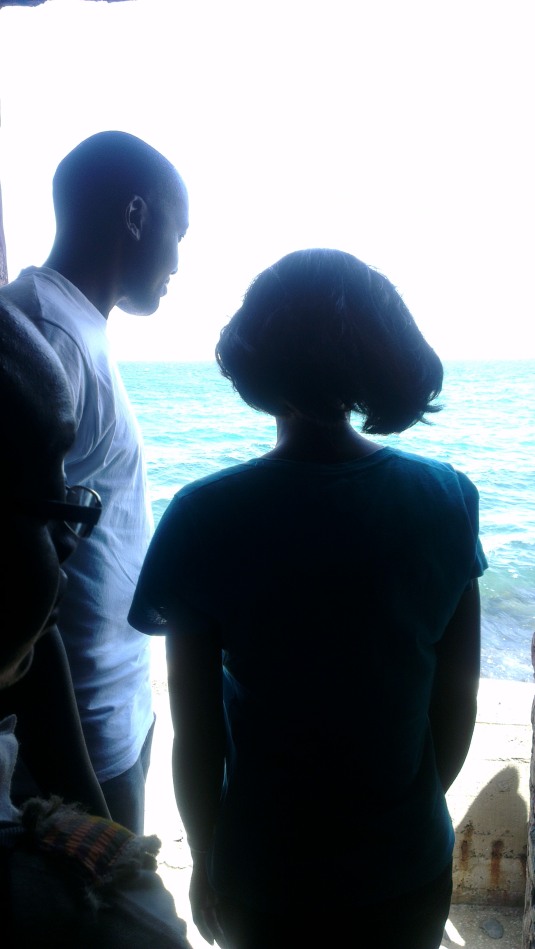
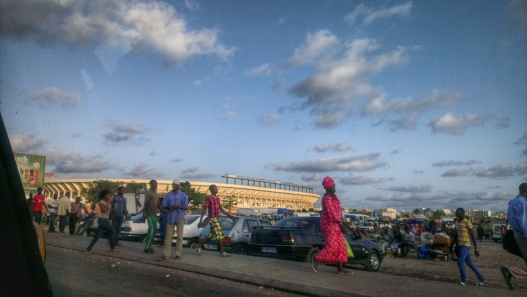
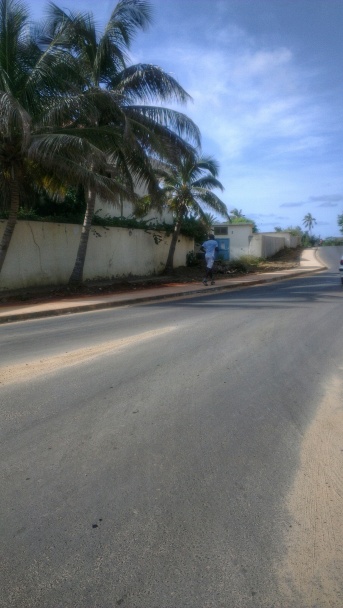
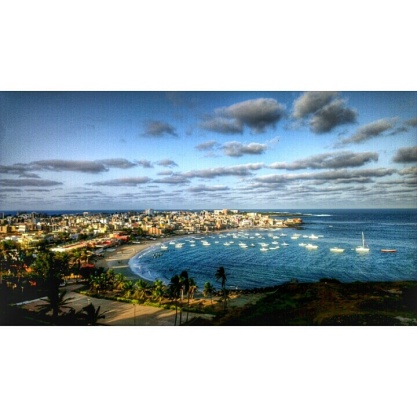
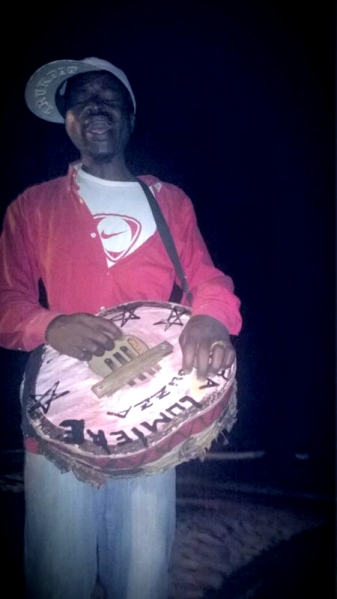
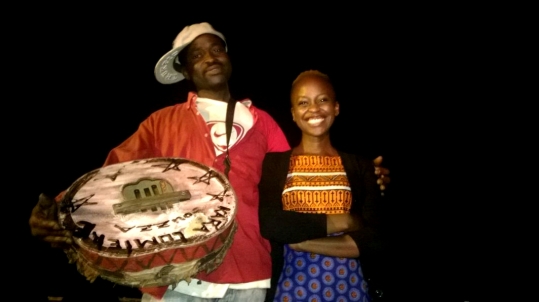
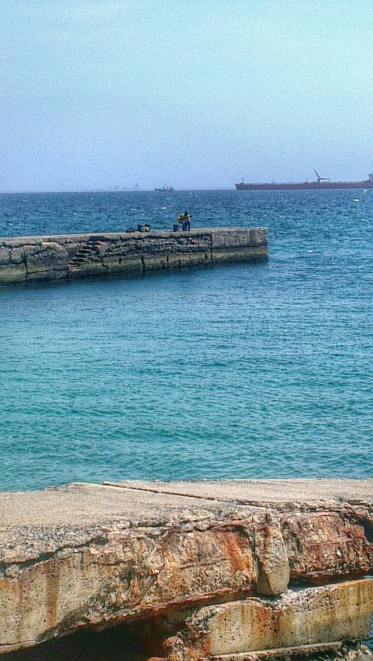
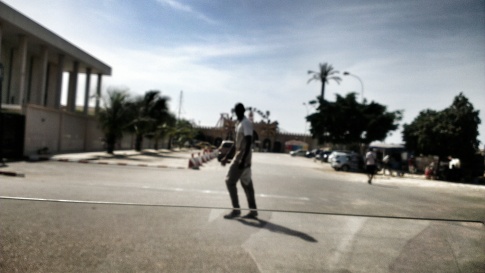
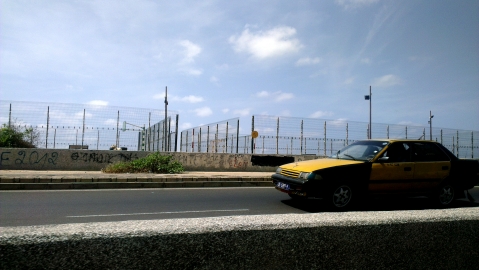
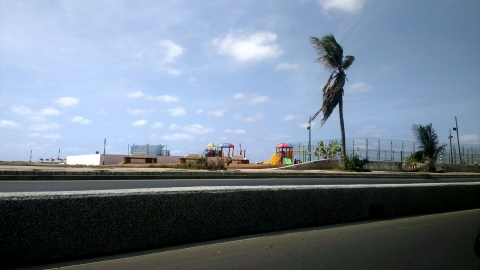



Recent Comments